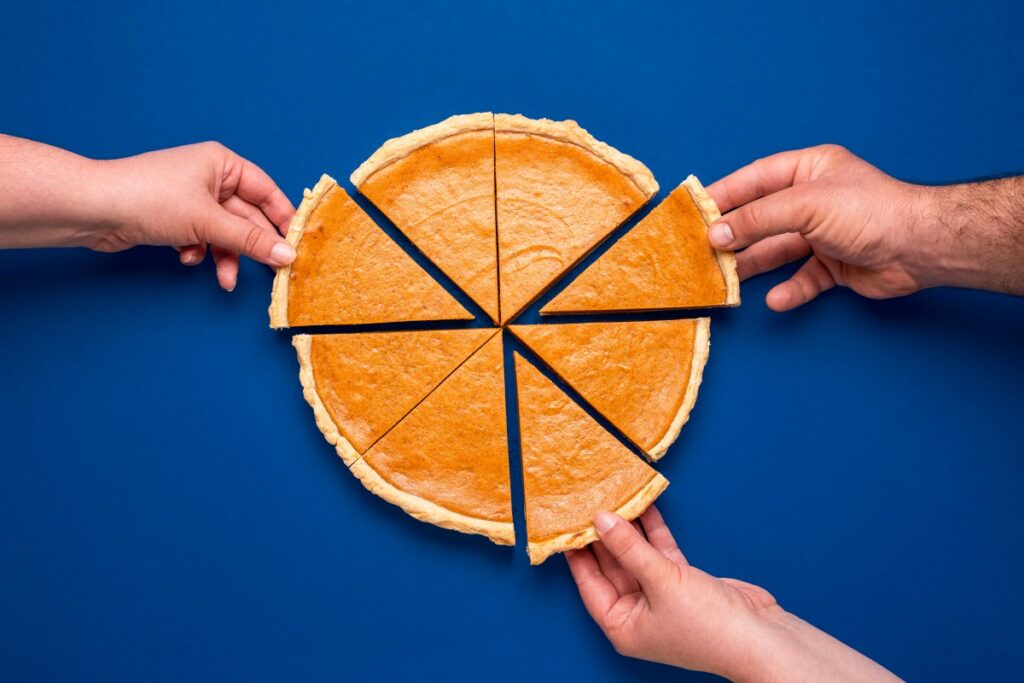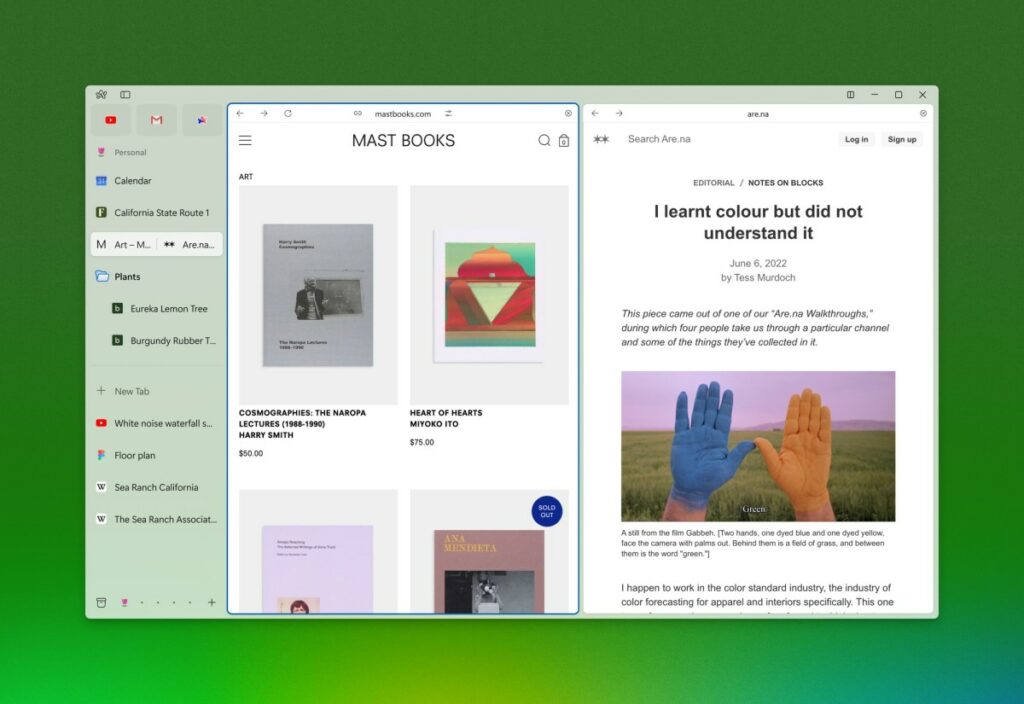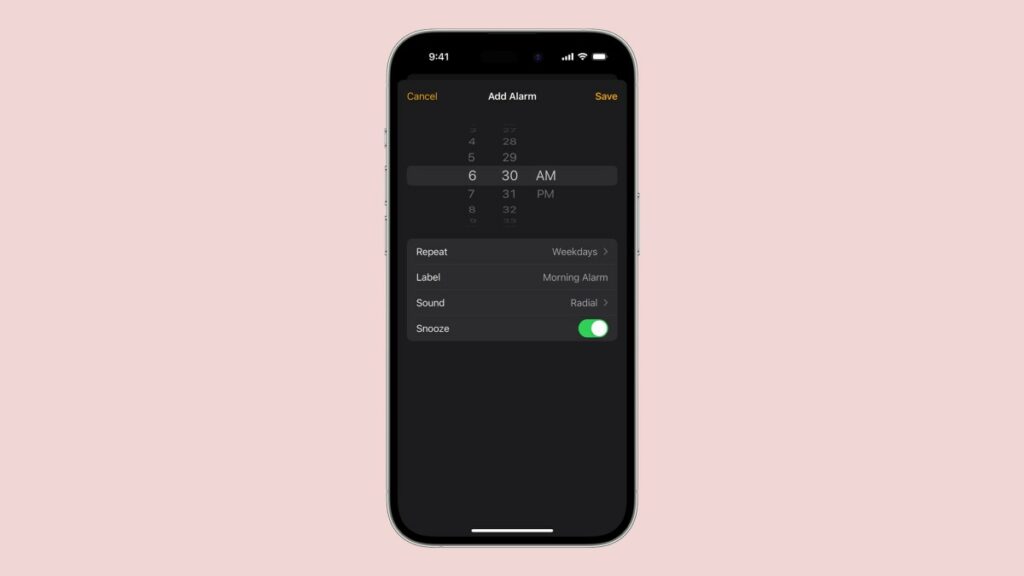After a robust career building Bonobos and advocating for founder mental health, Andy Dunn moved to Chicago with his family. A few years later, he came to a depressing realization: He hadn’t made any new friends.
“I don’t think it’s easy to admit to yourself that you don’t have friends,” Dunn told TechCrunch, laughing. “It’s like, ‘I don’t have any friends!’”
Dunn’s experience is representative of a larger trend: Americans are lonely. This loneliness crescendoed at the onset of the pandemic but did not fully subside as lockdowns and restrictions eased.
Dunn did eventually make a new friend, Gustavo Casas, a fellow tech founder and investor. Casas would soon become part of Dunn’s team for his newest venture called Pie, a social network aiming to solve the same loneliness issue he faced during his first few years in Chicago.
Pie, which launched in Chicago and is now rolling out in San Francisco, connects users with events in their area. But Dunn is reimagining an overdone concept by incentivizing creators to host events.
“We believe there is a whole hidden economy of people who love to convene others and who are going to — as that community expands and accelerates — help end this social isolation pandemic,” Dunn said. “Who just need some money and capital to be able to do their thing.”
Event apps like Partiful are gaining popularity, but they often are geared toward organizing events with your existing social circle, like a Friendsgiving or a birthday party. And while Facebook Events used to be an effective way to see what’s up in your neighborhood, Facebook usership has declined among gen Z.
Pie is investing $1 million into its Creator Fund, which pays people between $5 and $10 per RSVP to host interesting events that bring people together. One of the most successful event series is the Sunday Morning Club, which encourages people to do group activities like yoga and beach volleyball instead of “wasting a Sunday.”
“He has maybe, like, a $100,000 run rate on Pie,” Dunn said of Sunday Morning Club organizer Kyle Casaccio.
Pie can pay its organizers thanks to a hefty venture raise. The company most recently secured a $11.5 million Series A round led by Kirsten Green of Forerunner Ventures. Twitter co-founder Ev Williams also invested $5.3 million himself, and in total, Pie has raised $24 million — a significant sum for a company in a space that’s so competitive and difficult to monetize.
“We’re paying you. Like, you’re the one doing the thankless and difficult work of organizing,” Dunn said. “And of course, it’s incumbent upon us to figure out the business model that makes all the math work.”
Dunn’s team hasn’t solved that math equation yet, but Pie has the runway necessary to sustain itself in the meantime. When it comes to getting people out to events, however, Dunn has some hypotheses to combat users’ skepticism.
For one thing, not all events are public; this is also an added safety layer for higher-profile creators who may not want to broadcast their location to all of their followers. But it also makes people more likely to attend.
“If you’re invited to everything, you kind of don’t want to go,” he said. “If you think about LinkedIn, it’s almost like you’re publishing to your first degree and your second degree connections. So Pie is built on friends of friends.”
Dunn has also learned that friendship apps generally work better when they’re not one-on-one. The first iteration of Pie was a 150-question personality quiz — Dunn described it as being “almost like an OK Cupid level of data input” — which would match you with a possible friend. The app has since pivoted.
“There’s a reason why those products tend to struggle: because it’s not organic,” he said. “The way platonic relationships form is, they form in a group setting.”
As of October, Pie has around 23,000 users. As Pie rolls out in San Francisco, its second city, Dunn is optimistic about the network’s potential in a place that’s home to so many ambitious people who are seeking connection.
“We just want to unlock that and make it easier for people to meet people and make friends in the Bay Area,” Dunn said.


